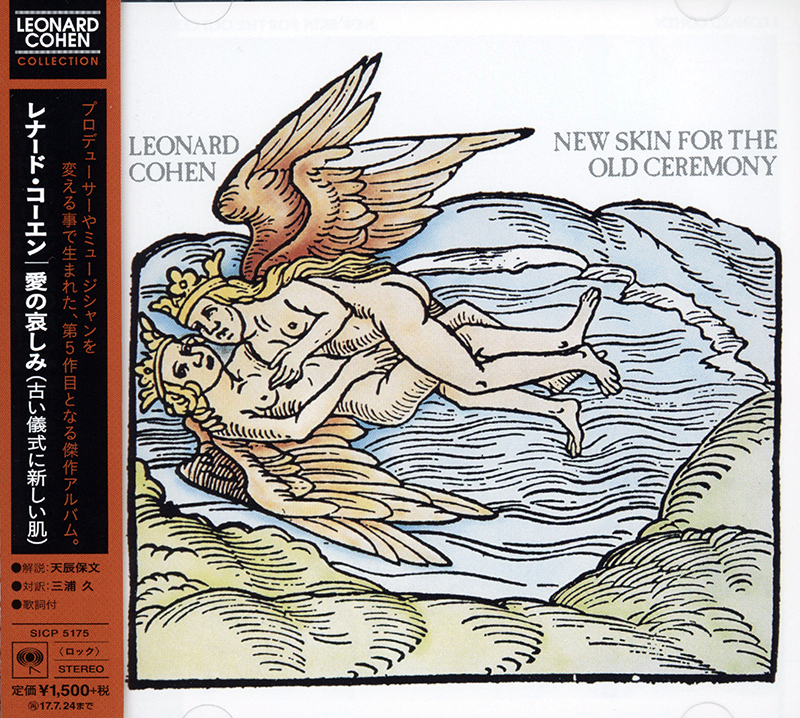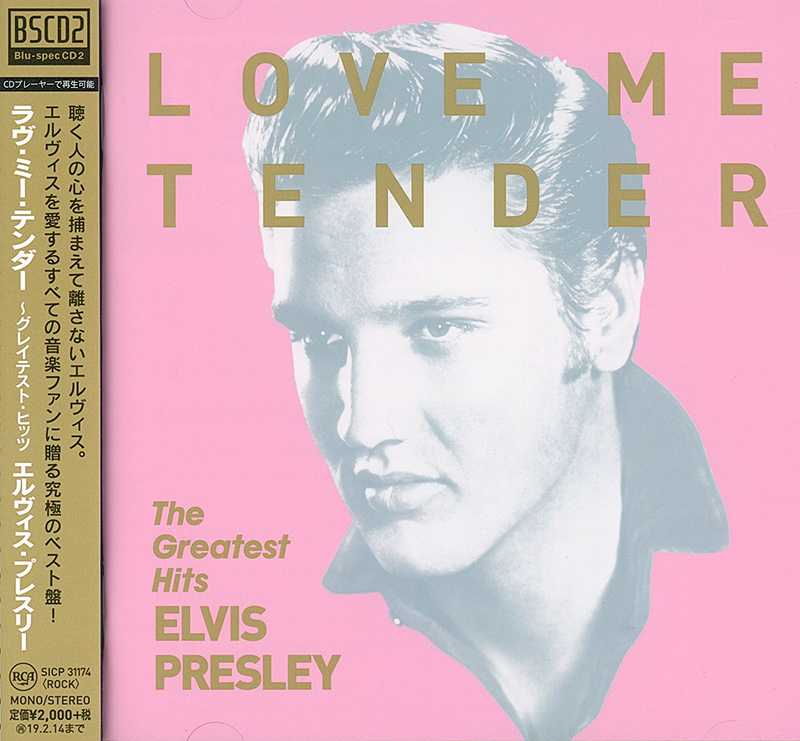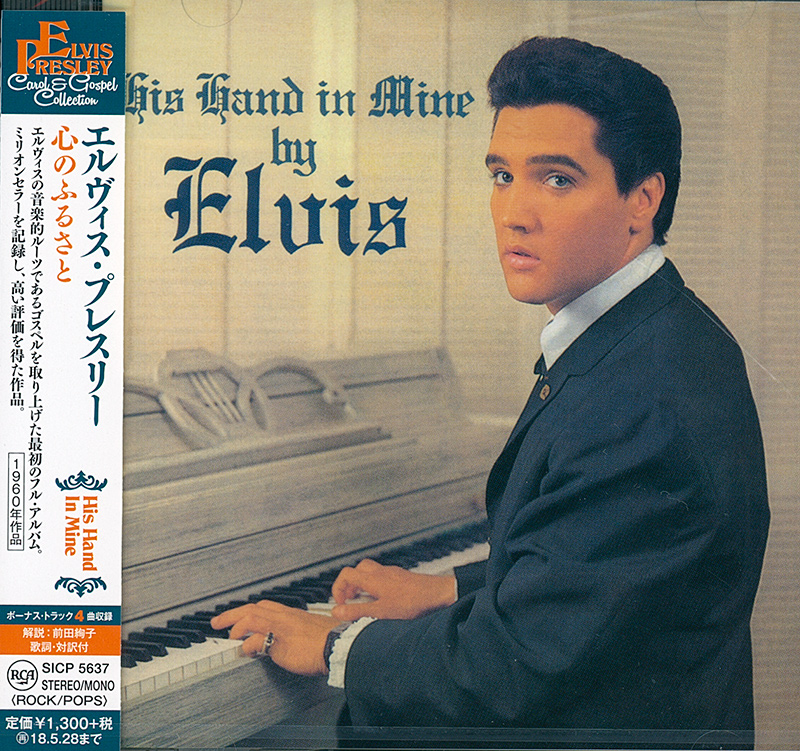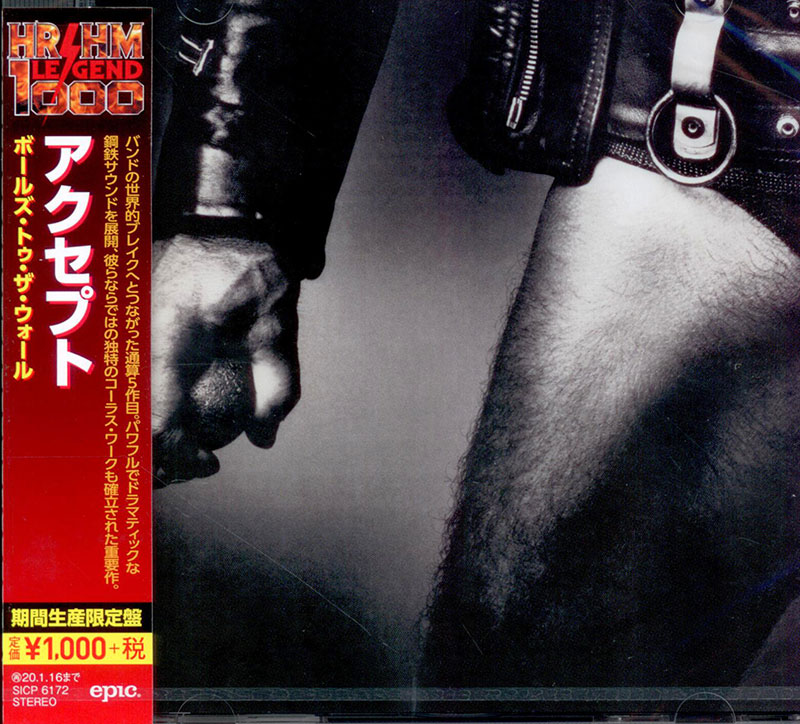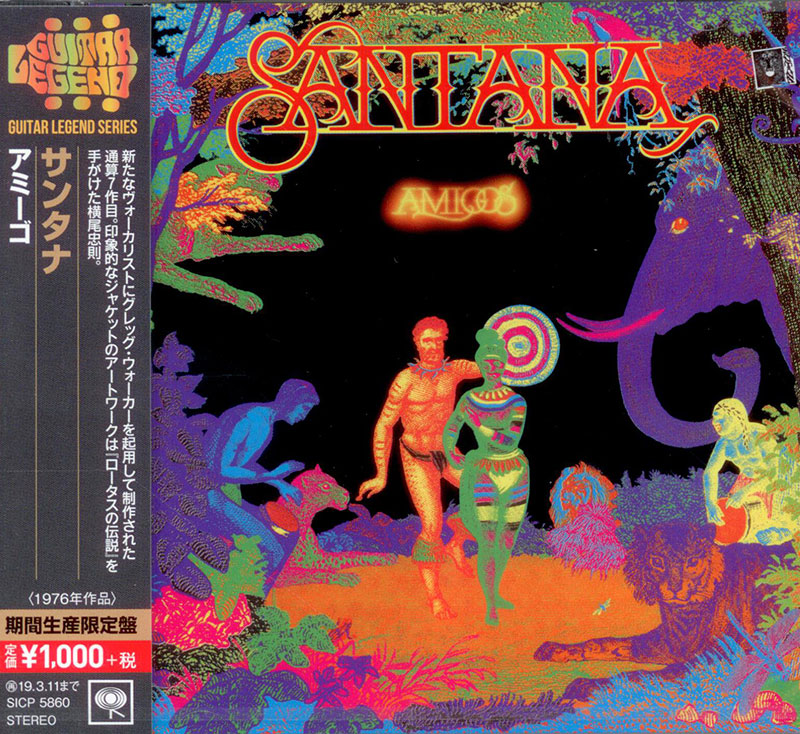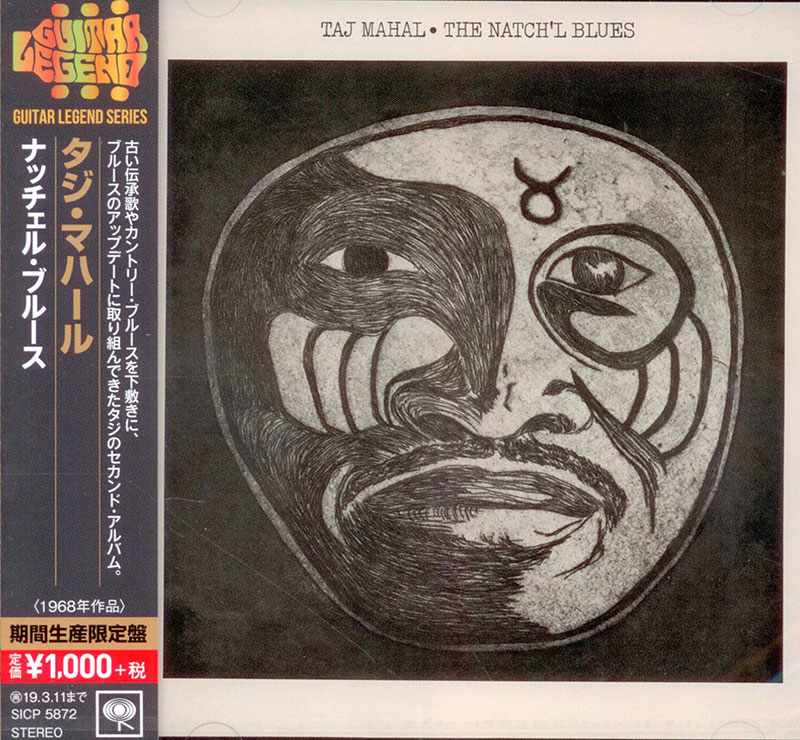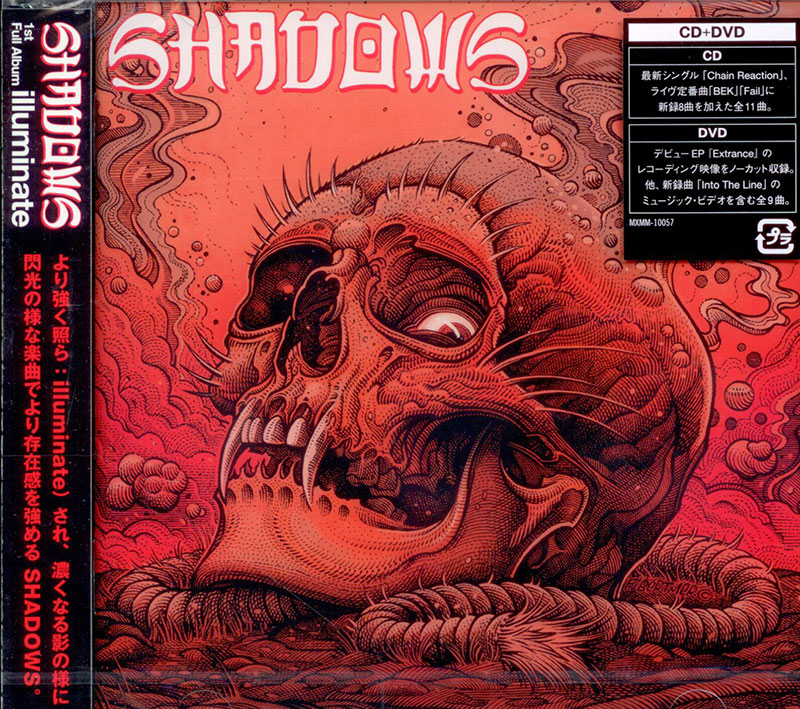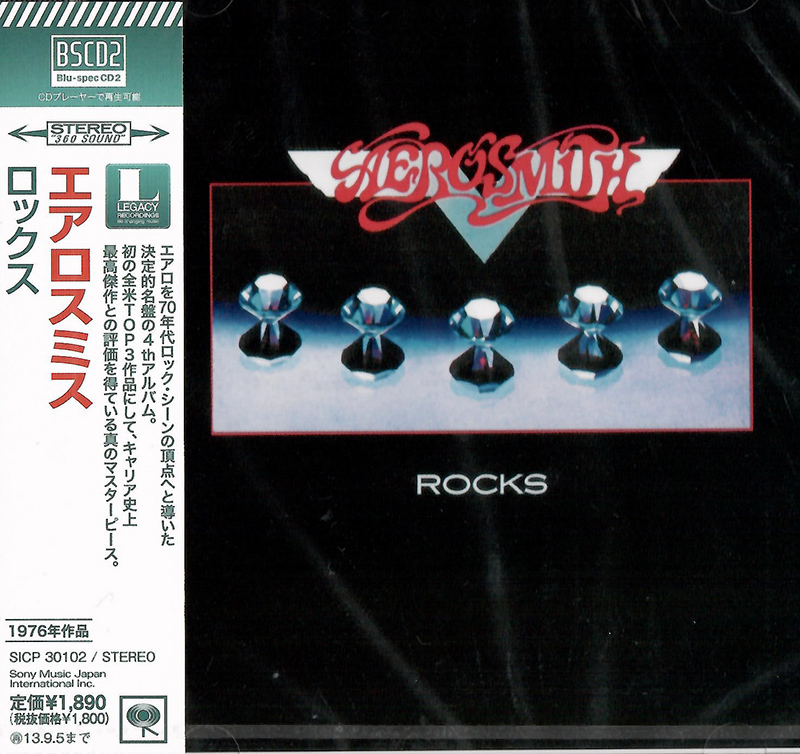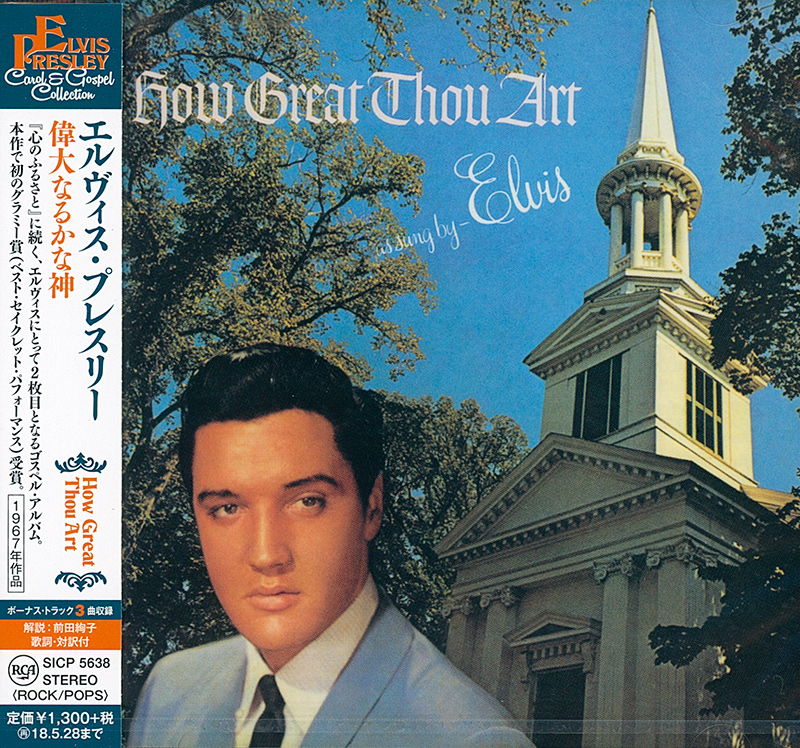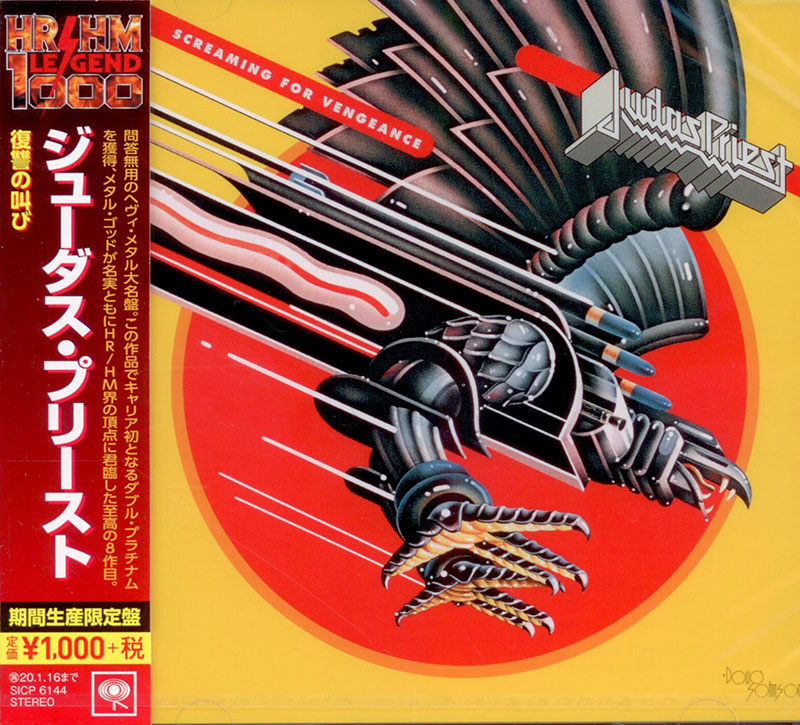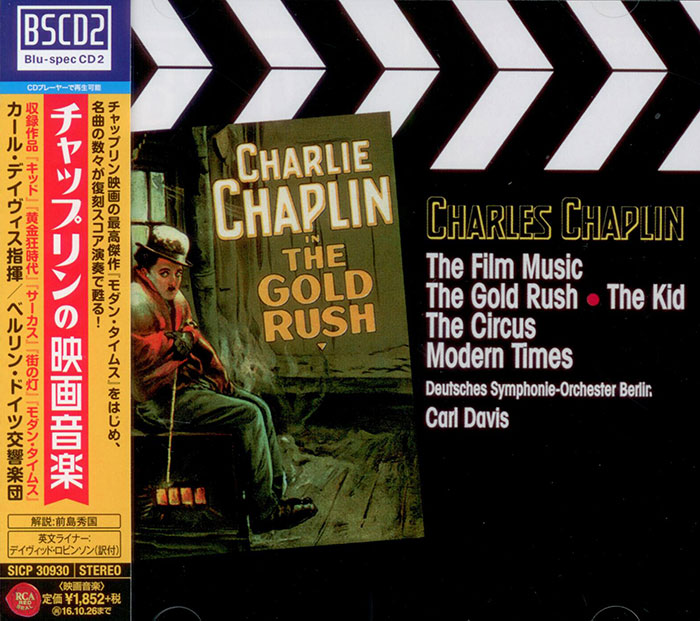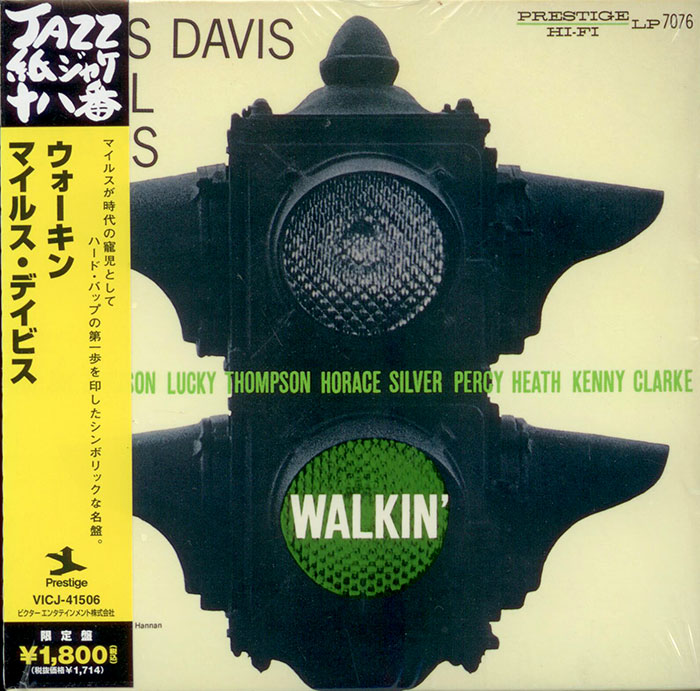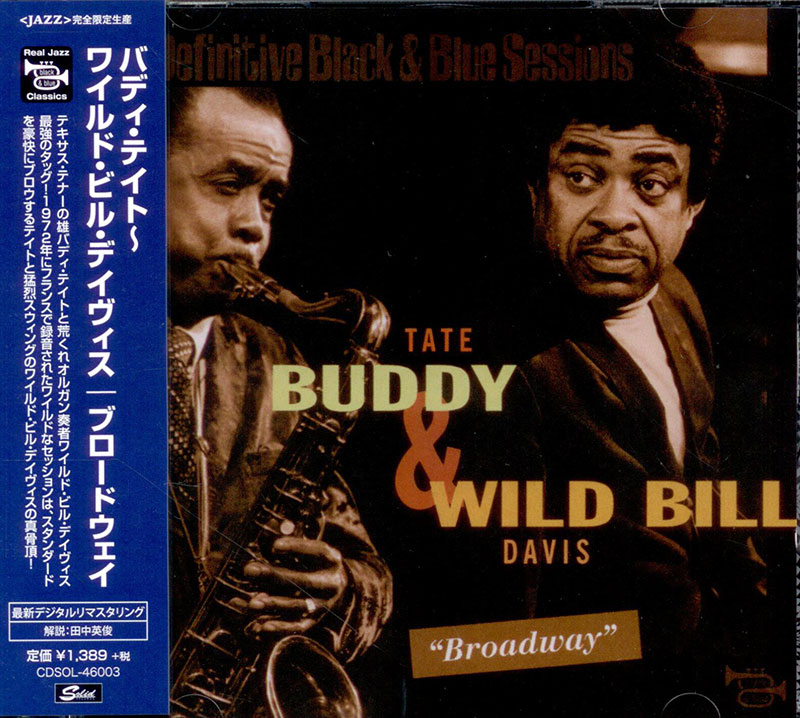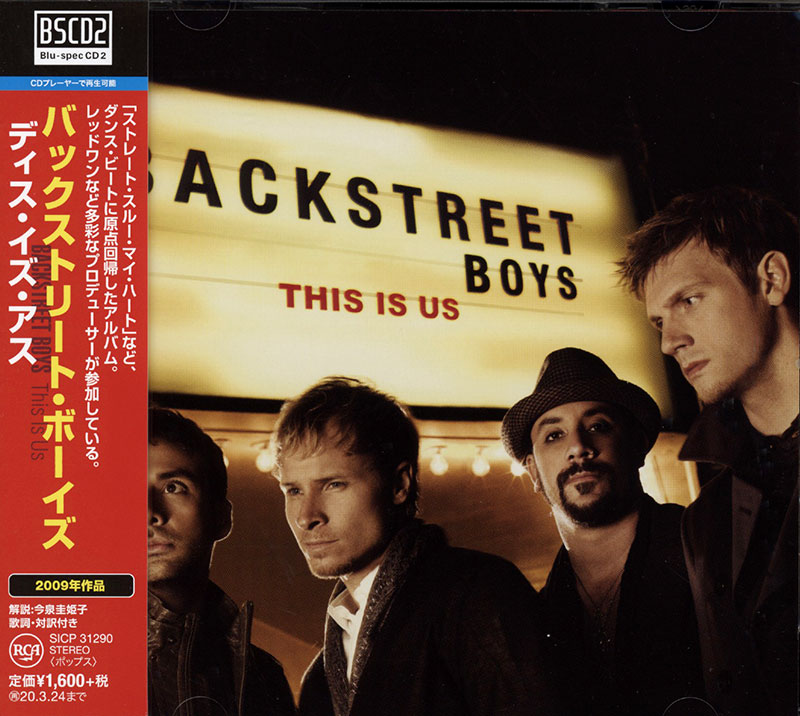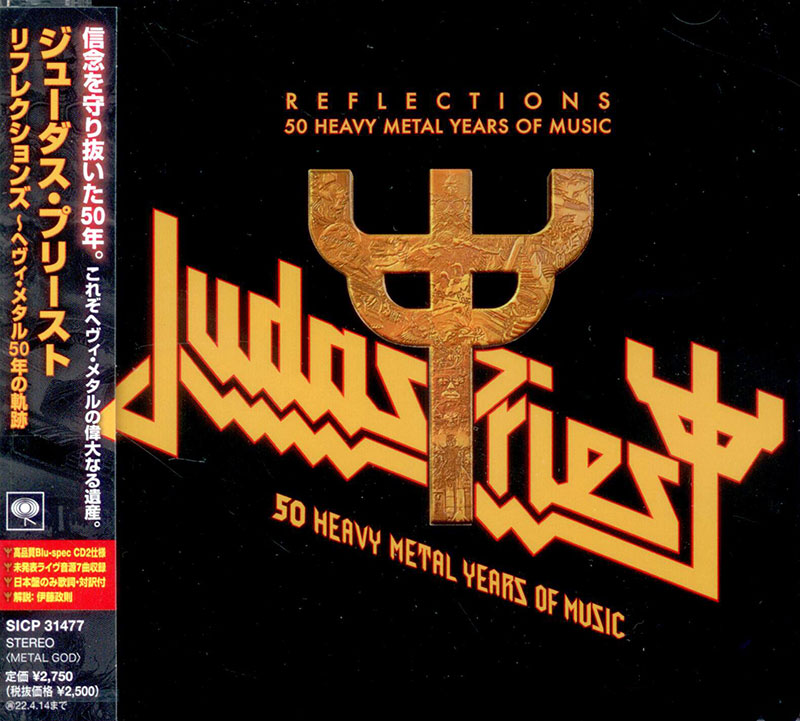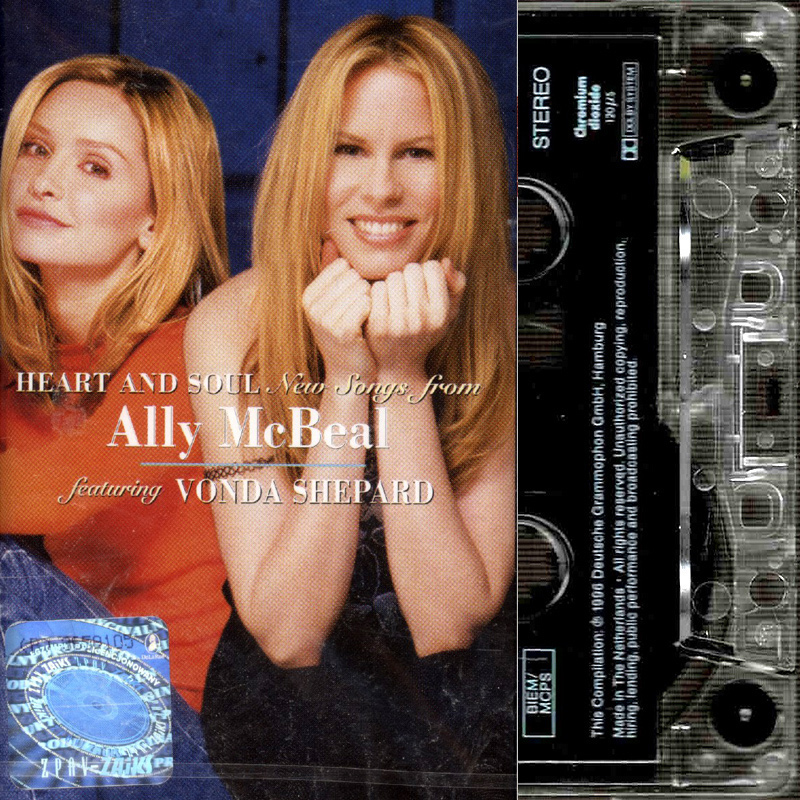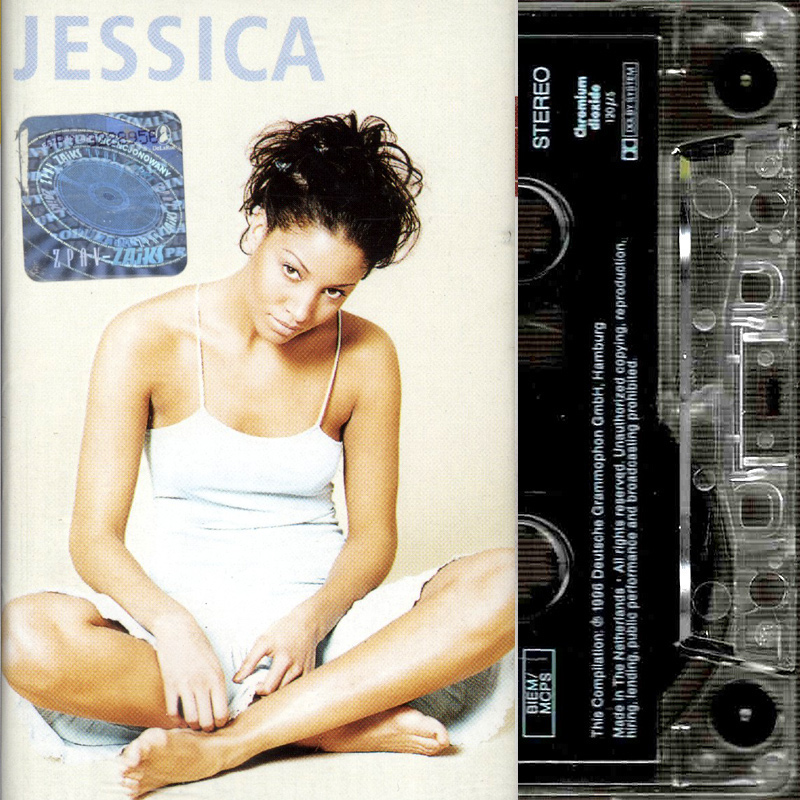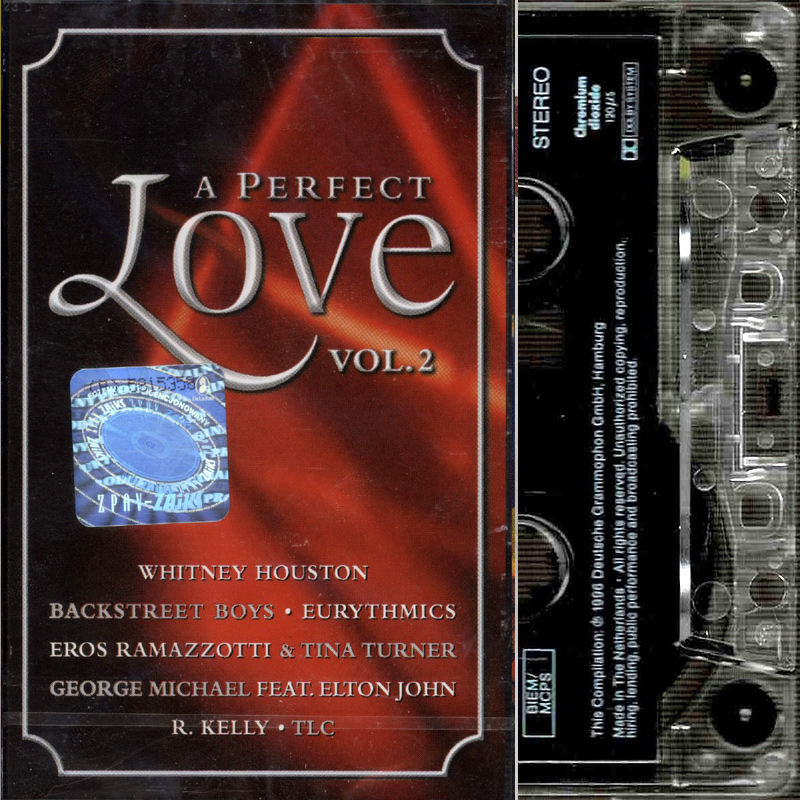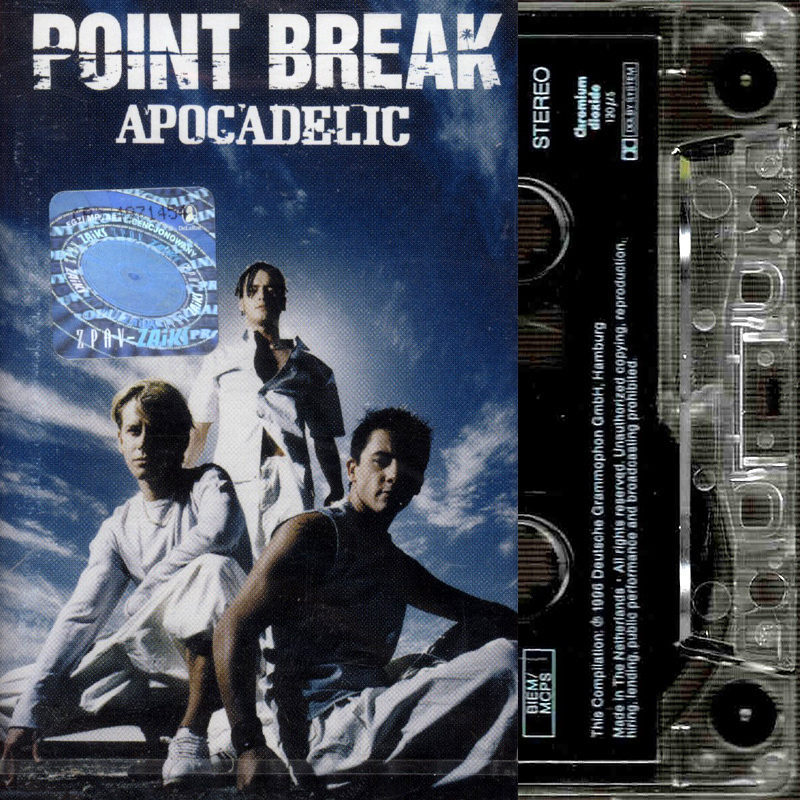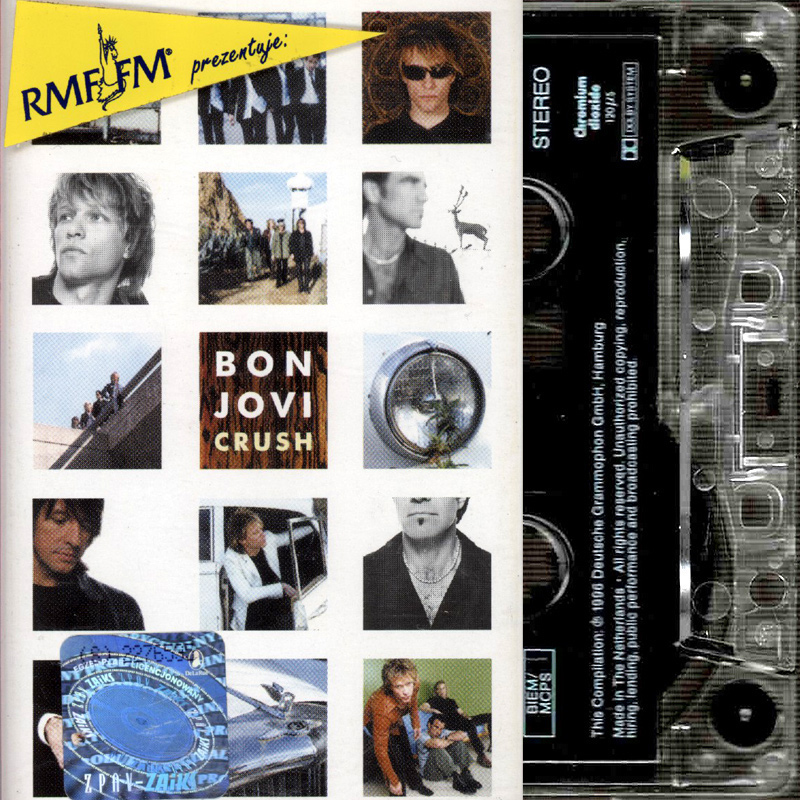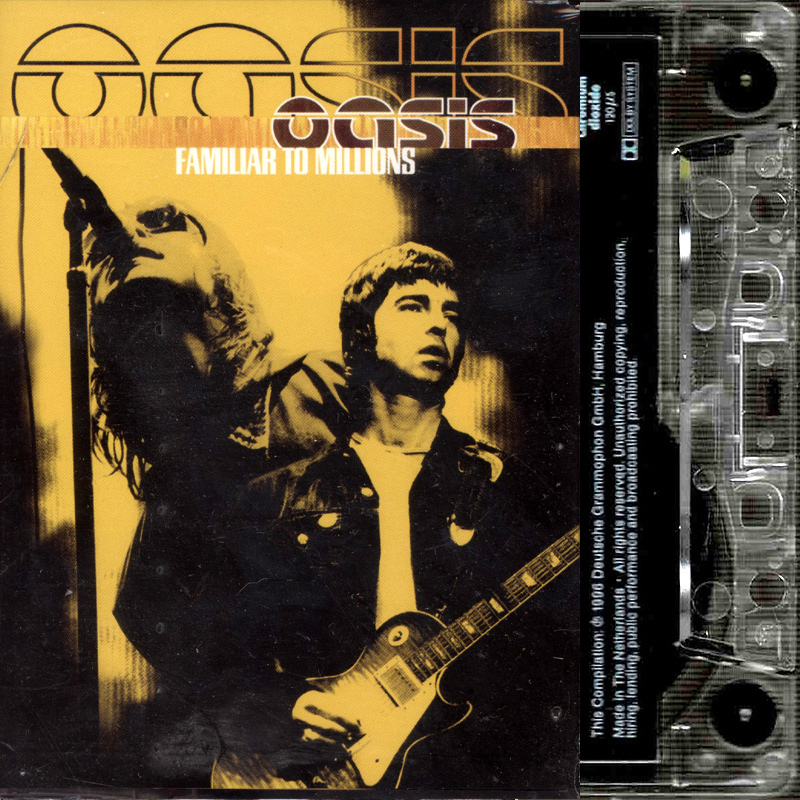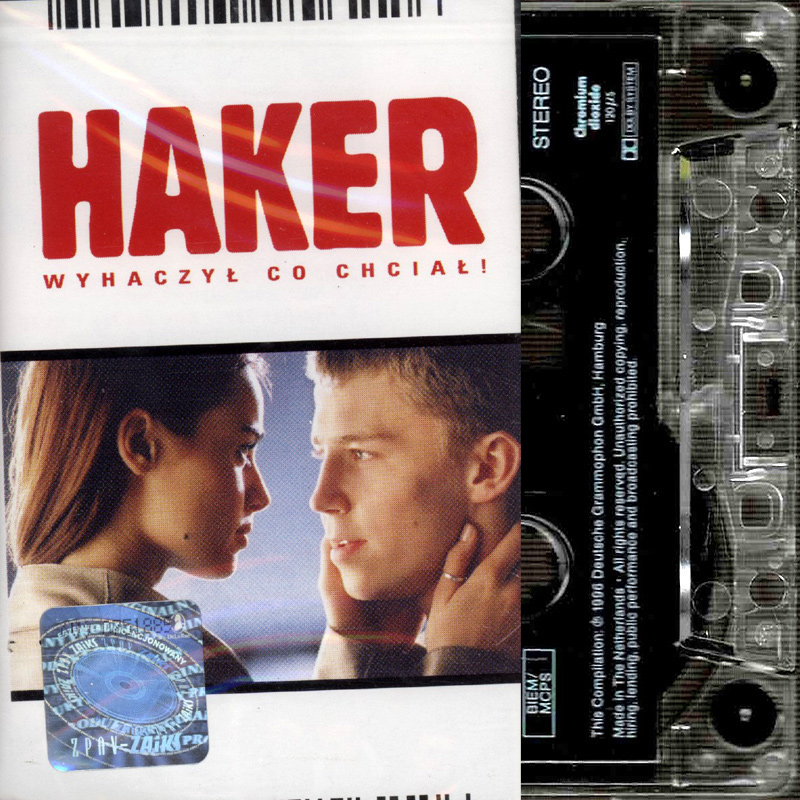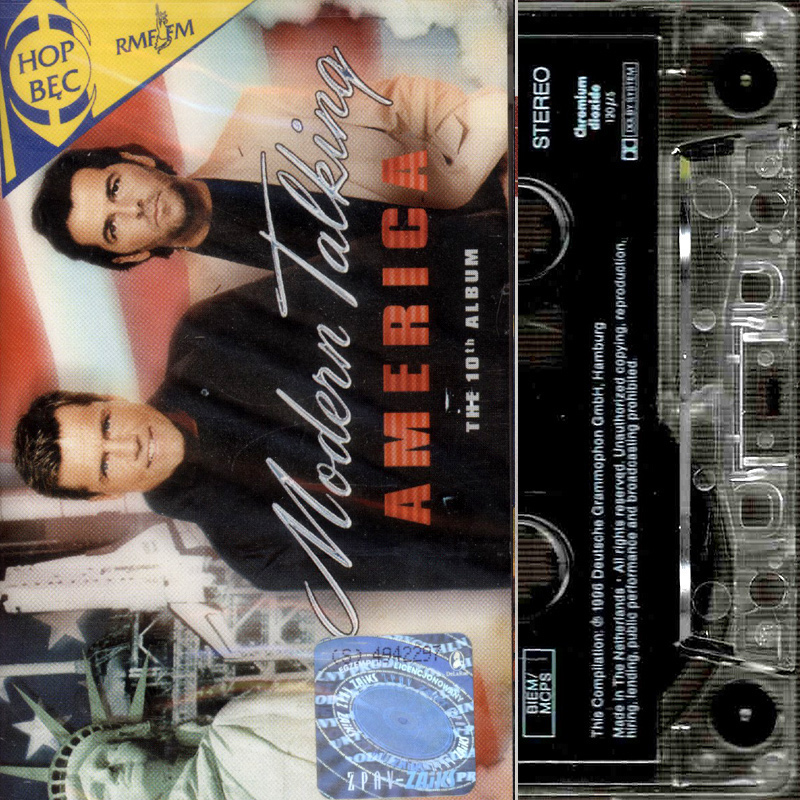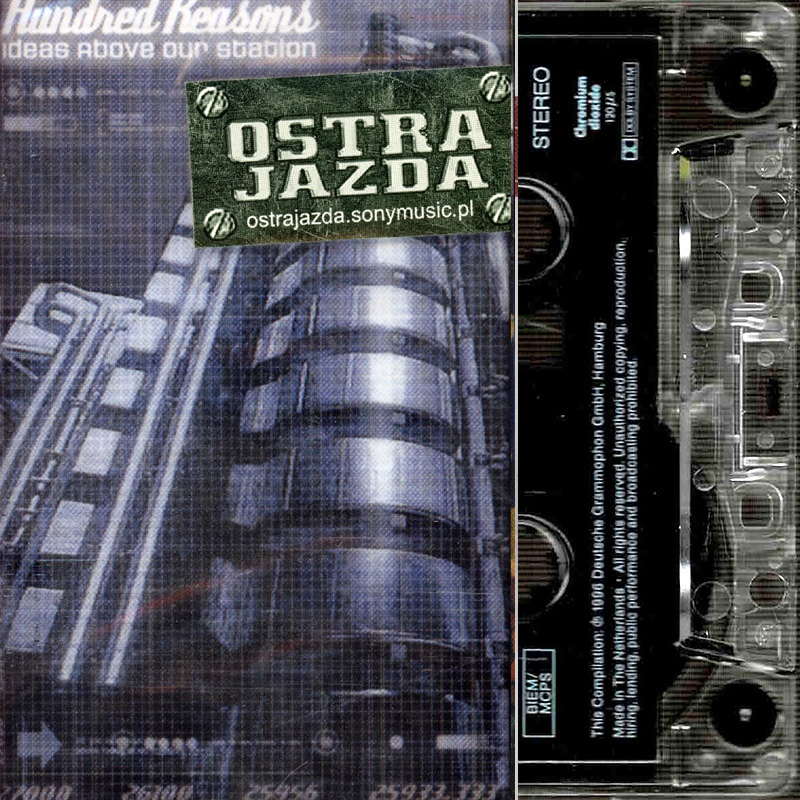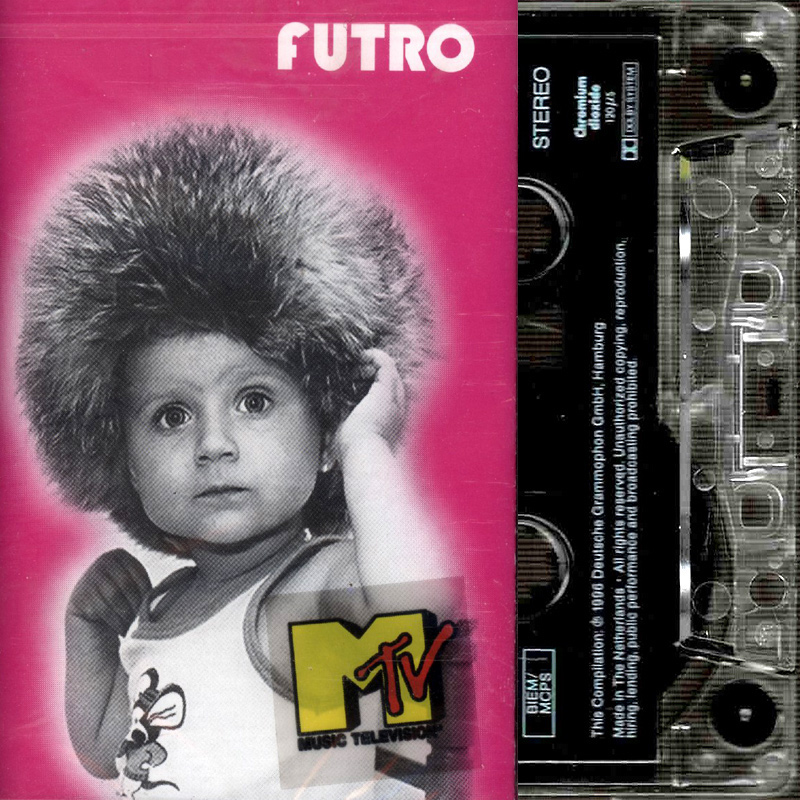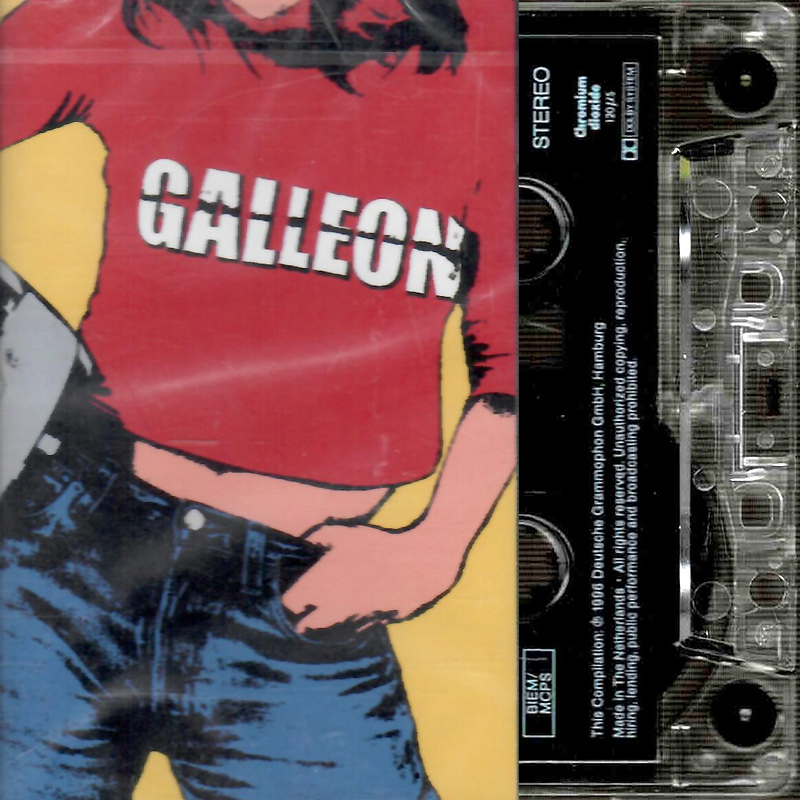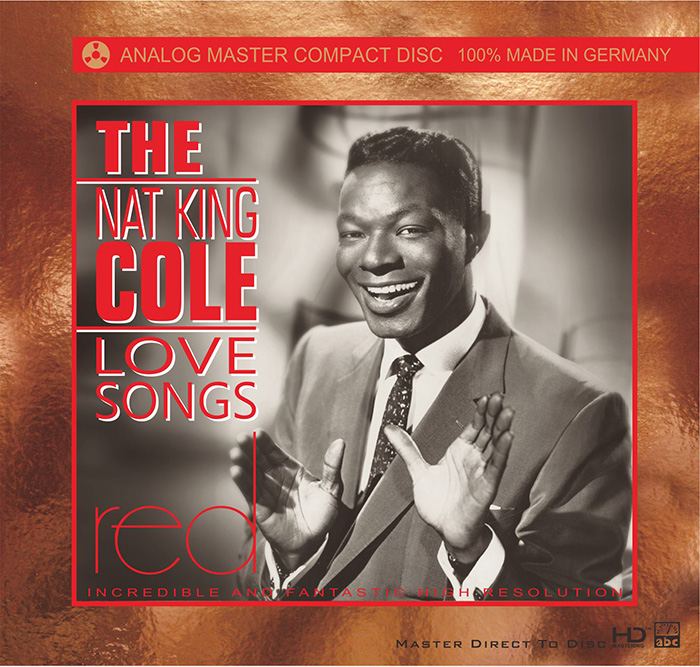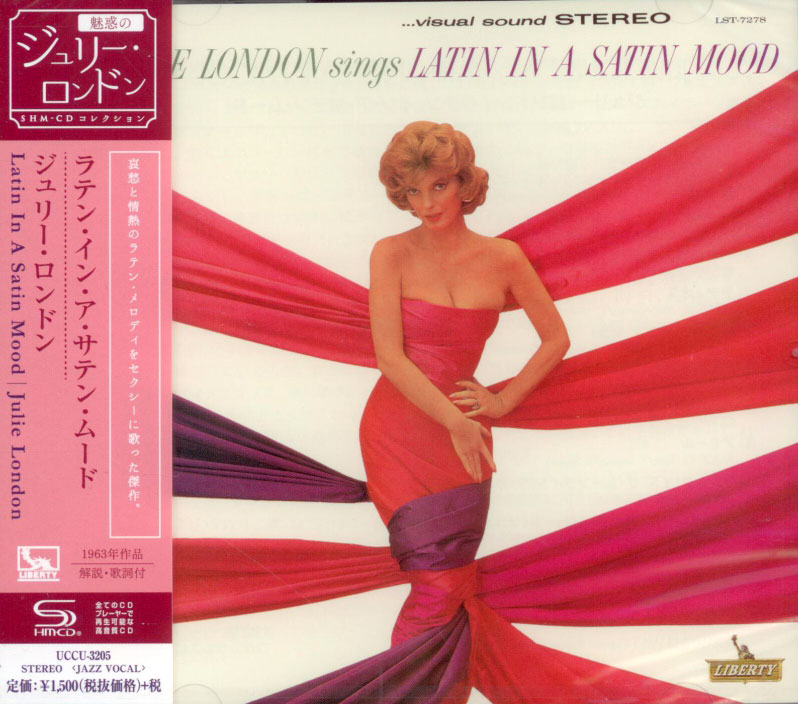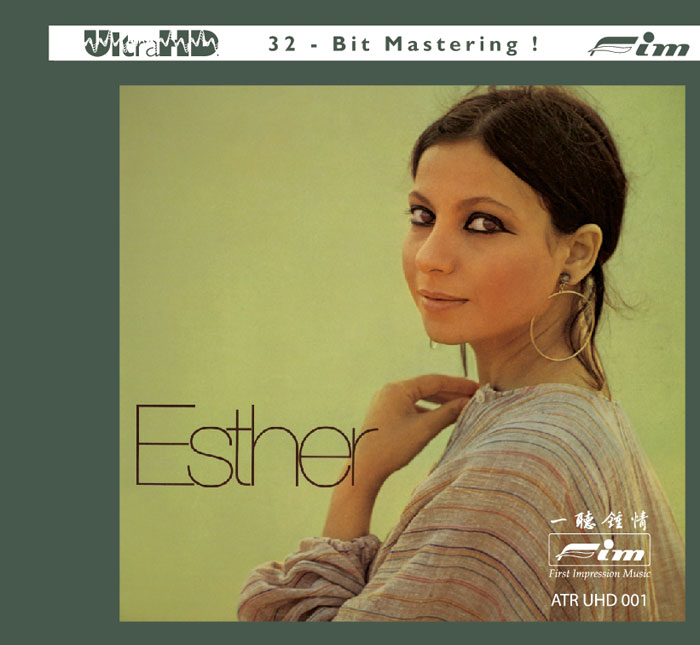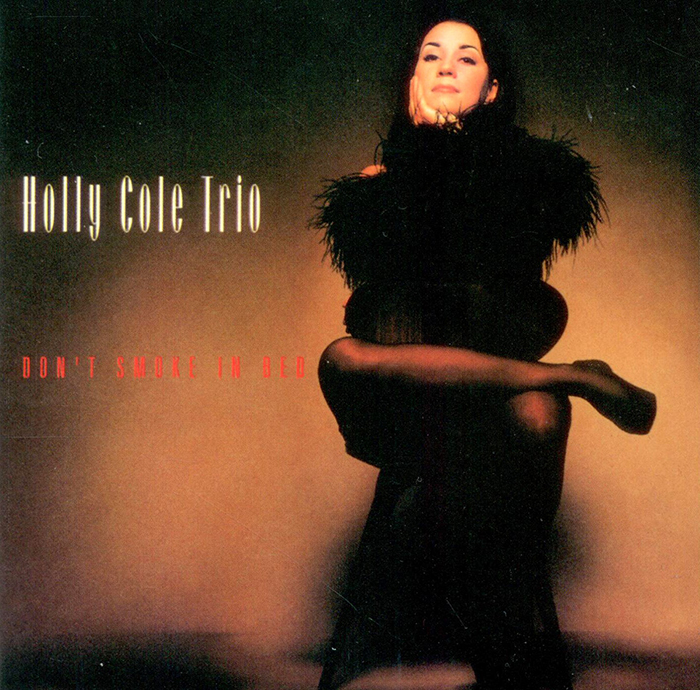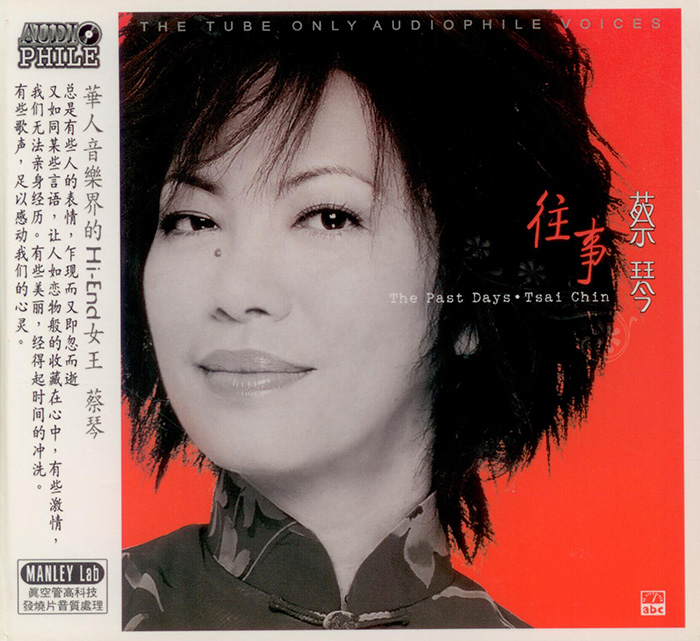Logowanie
Mikołaj - ten to ma gest!
Miles Davis, Horace Silver, Jay Jay Johnson, Percy Heath, Kenny Clarke, Lucky Thompson
Walkin'
20bit K2Super Coding - ale jak to brzmi!
Kasety magnetofonowe
Winylowy niezbędnik
ClearAudio
Double Matrix Professional - Sonic
najbardziej inteligentna i skuteczna pralka do płyt winylowych wszelkiego typu - całkowicie automatyczna
Julie London
Swing Me an Old Song
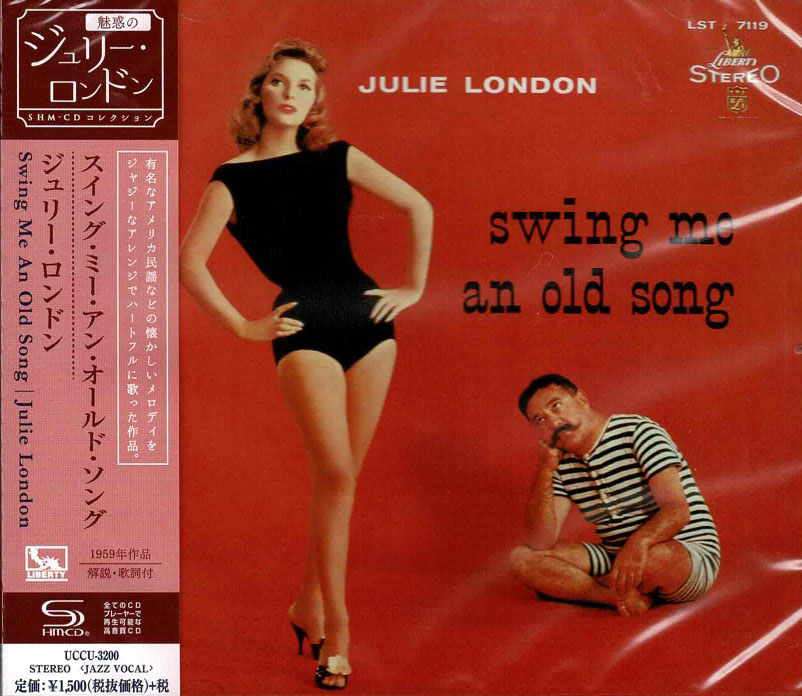
- Julie London - vocal

Płyty SHM-CD do odtworzenia we wszystkich typach czytników CD oraz DVD. Gwarantują niespotykaną wcześniej analogową jakość brzmienia, odwzorowują wszystkie walory taśmy-matki. Zdaniem specjalistów - ten nośnik i ta technologia najlepiej - bo natywnie, przenosi na krążek CD wszystkie walory nagrania analogowego.
AllMusic Review by Nick Dedina [-]
Everyone seems to have forgotten that rock & roll wasn't doing so hot with white audiences at the tail end of the 1950s until the Beatles hit the scene and had everyone going electric again. Instead of rockabilly, folk music and Dixieland jazz were huge in 1959 and young audiences were getting into old-time songs that their parents and grandparents knew. Swing Me an Old Song was Julie London's Dixieland-spiced folk revival effort. If it doesn't actually play to her strengths to be cast as a sexed-up version of Burl Ives, it takes some kind of real talent to be able to coo such hoary chestnuts as "Camptown Races" and "Row, Row, Row, Your Boat" without embarrassing yourself too much. Thankfully, the song selection on most of the album is better than these two egregious examples of stale singalongs that should never have made it outside of summer camp. Tracks like "Cuddle up a Little Closer" and "Darktown Strutters Ball" fit London like a satin glove, as does her downbeat take on "Bill Bailey, Won't You Please Come Home" (though she would cut an even better version of this on her 1966 release For the Night People). During the same year as Swing Me an Old Song, London also cut the cool jazz album Julie...at Home (which may just be her single finest work) and Your Number Please..., a swank orchestral set of standards. People often mention Julie London's limited vocal range, but it's surprising how far that her talent could stretch.
